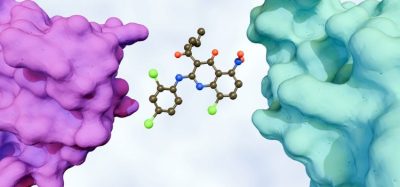WHO announces support for drug pricing transparency
Posted: 31 May 2019 | European Pharmaceutical Review | No comments yet
Member countries of WHO have agreed to support pricing transparency for medicines, vaccines and other health products.


Under the resolution, companies will share information regarding how much governments and other buyers are spending on health products. Adding to this, the World Health Organisation (WHO) is also calling for enhanced transparency on pharmaceutical patents, clinical trial results and factors that act as price determinants across the value chain.
As part of the project, WHO’s secretariat will review the effect of transparency on affordability and availability of health products, including the impact of differential pricing. “The aim is to help member states make more informed decisions when purchasing health products, negotiate more affordable prices and ultimately expand access to health products for the populations,” said WHO in a statement.
Transparency campaign group, Knowledge Ecology International (KEI), head James Love noted that the US, Japan and Switzerland supported drug pricing transparency proposals, but opposed research and development costs transparency. Germany, Sweden, Denmark and the UK opposed the majority of transparency proposals.
“The biggest achievement was the agreement that member states should ‘take appropriate measures to publicly share information on net prices’, ” said Love. “But there was also much more achieved, scattered throughout the document, in different paragraphs, on various transparency targets or topics.”
The resolution mandates that information on drug prices, sales, units sold, patents, public/private sector research and development costs and subsidies will be collected and shared.
The largest failure of the negotiations was non-disclosure of clinical trial costs, noted KEI.
Related topics
Clinical Trials, Drug Markets, Funding, investment, Legal, Manufacturing, Regulation & Legislation, Research & Development (R&D)
Related organisations
Knowledge Ecology International (KEI), World Health Organization (WHO)









